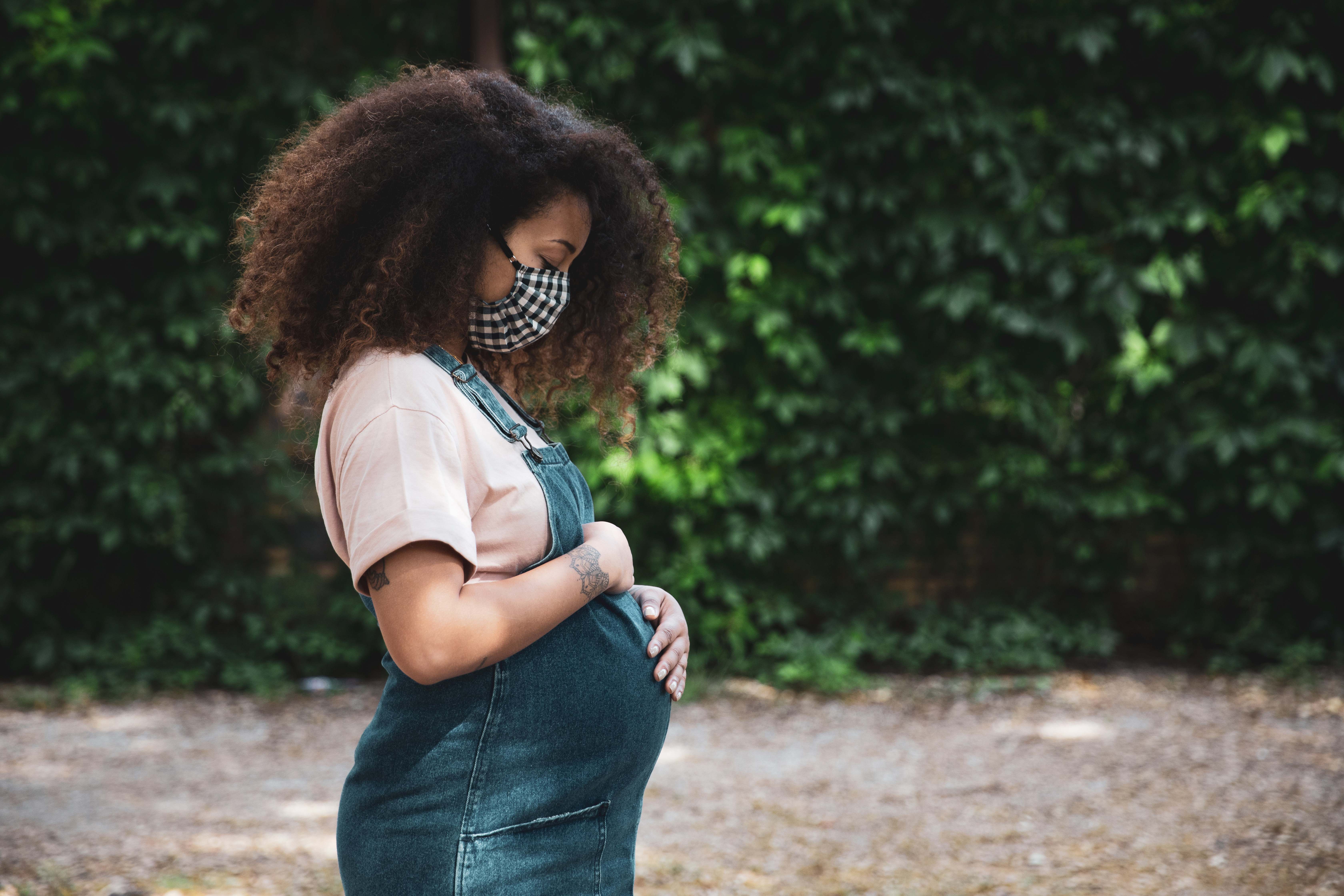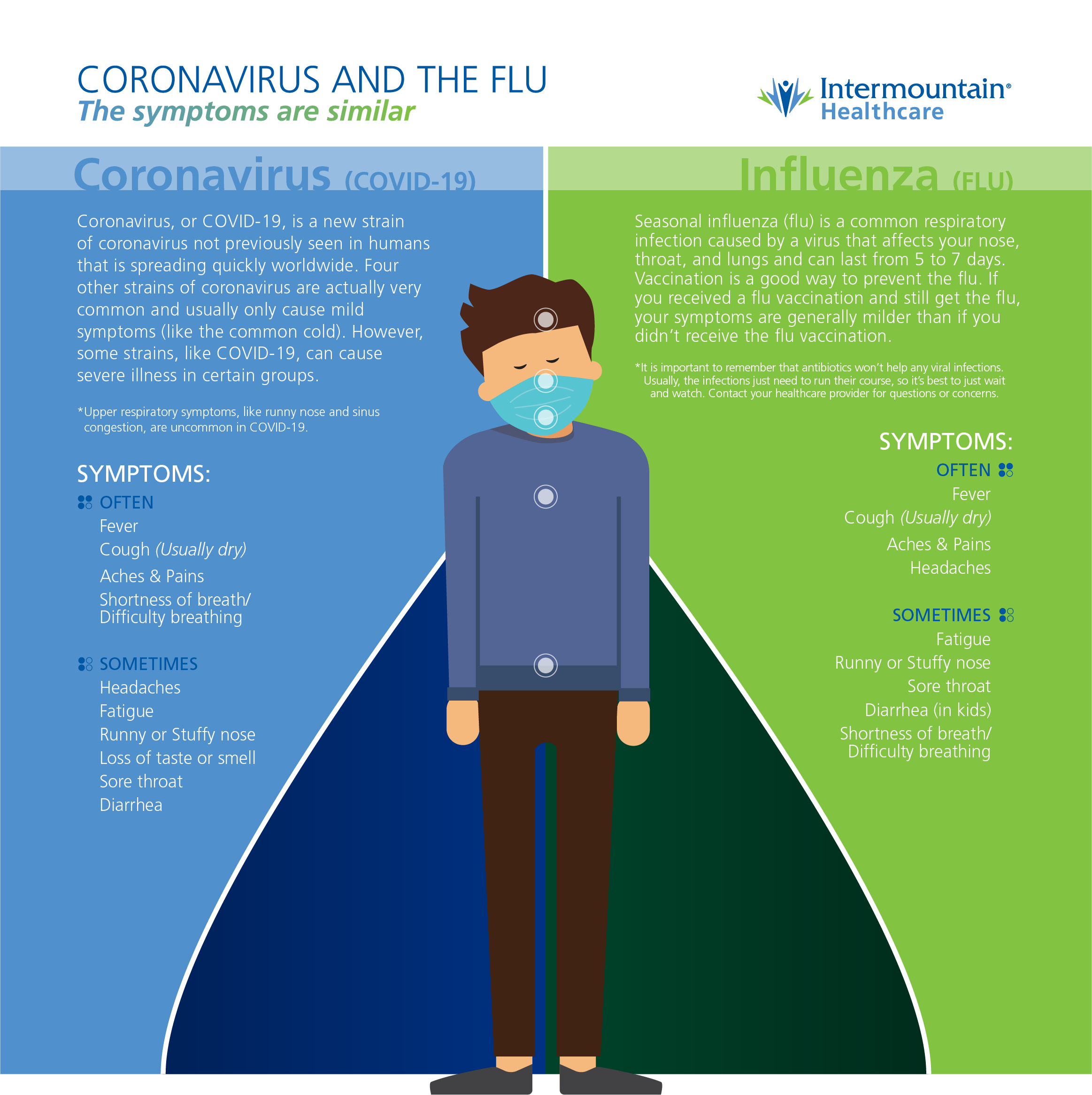Pregnancy and flu: Ways to stay safe and when to seek help
Pregnancy and flu: Ways to stay safe and when to seek help
By Unknown
Updated
5 minute read
When you’re pregnant, you’re more at risk for getting the flu. And the flu can have serious effects on both mom and baby. Here’s a look at the risks for pregnant women during flu season and how you can protect yourself.
Why pregnant women are more susceptible to the flu
When you’re pregnant, changes occur in your immune system and it is naturally suppressed, making you more susceptible to the flu. Also, your lung capacity decreases and heart rate increases, during pregnancy, putting additional stress on the heart and lungs.
All three of these things make pregnant women (and women up to two weeks postpartum)more prone to severe illness or hospitalization from the flu.
The flu can be more serious for pregnant women and their unborn baby
Pregnant women who have the flu are:
- More likely to be hospitalized
- At higher risk of pregnancy complications, such as preterm labor and preterm birth.
- At risk of having a baby with neural tube birth defects or other adverse outcomes due to fever.
Vaccines are safe and recommended for pregnant women
Getting a flu vaccine is the first and most important step in protecting against flu and helps protect both the mother and her baby from the flu. The vaccine protects babies from the flu for the first several months after their birth because the mom passes antibodies onto the developing baby. Once babies are six months or older, they can get their own vaccine.
Flu shots have been given to millions of pregnant women over many years with a good safety record. There is a lot of evidence that flu vaccines can be given safely during pregnancy. Pregnant women can get vaccinated during any trimester of their pregnancy. Getting a flu shot at the beginning of flu season (October) is recommended. It takes about two weeks for the body to build up protective antibodies after you get the flu shot.
Pregnant women should not get the nasal spray flu vaccine, as it contains a live strain of the virus.
Vaccination has been shown to reduce the risk of flu-associated acute respiratory infection in pregnant women by up to one-half. A 2018 study showed that getting a flu shot reduced a pregnant woman’s risk of being hospitalized with flu by an average of 40 percent.
What else can I do to stop the spread of disease?
The same prevention methods work for flu or COVID-19:
- Get a seasonal flu vaccine. Everyone in the family (over the age of 6 months) should get a vaccine, and so should anyone who cares for your baby.
- Wear a mask, being sure it covers your nose and mouth snuggly.
- Wash your hands often and well, and have children do the same.
- If you’re sick, stay home from school or work.
- Avoid close contact with people who are sick, if possible.
- Cover your sneezes and coughs.
- Use a tissue once, then throw it away and wash your hands.
Signs and symptoms of the flu
Seasonal flu symptoms usually come on fast, causing chills, fever, muscle aches, tiredness, dry cough, and sore throat. Occasionally, seasonal flu will cause a runny or stuffy nose or, in young children, nausea, vomiting, and diarrhea.
How influenza spreads
The flu virus prefers air travel, catching rides on the tiny droplets that fly out when someone sneezes or coughs. However, it can also stick around on surfaces for a while. If you touch something that was recently contaminated and then touch your mouth or nose, you can get infected, too. It is important to note you can spread the virus before you show signs of illness.
What if I get the flu during pregnancy?
If you begin feeling ill with any of the symptoms of the flu, or feel you may have it, contact your doctor immediately. Your doctor can prescribe you safe antiviral medications to treat the flu. Taking antiviral medications as soon as you find out you are sick can reduce the amount of time you are sick. Other steps to treat the flu include getting plenty of rest and drinking plenty of fluids. Talk with your doctor before taking any over the counter medications for the flu.

